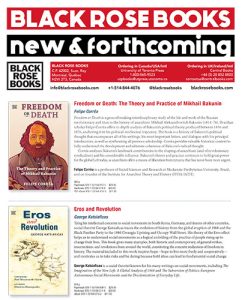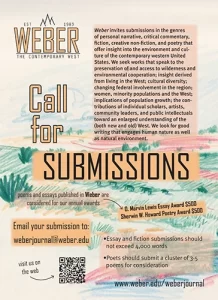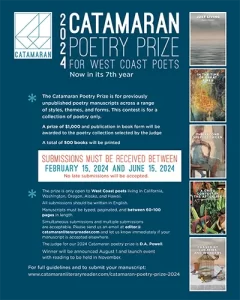Fairy Tale Review – 2006
Number 2
2006
Annual
Jeanne M. Lesinski
We might think of ourselves as too sophisticated for fairy tales, that is, if the term conjures up Disney-ish recastings of classic tales; yet, fairy tales provide a body of common knowledge upon which to draw for literary allusions, and thus serve as currency even in our modern lives. Moreover, these tales recast archetypes and tap into our deepest fears: there are still beasts (literal and metaphoric) to conquer, the distressed who need a rescue, the hope of bliss—but at a cost. We might think of ourselves as too sophisticated for fairy tales, that is, if the term conjures up Disney-ish recastings of classic tales; yet, fairy tales provide a body of common knowledge upon which to draw for literary allusions, and thus serve as currency even in our modern lives. Moreover, these tales recast archetypes and tap into our deepest fears: there are still beasts (literal and metaphoric) to conquer, the distressed who need a rescue, the hope of bliss—but at a cost.
Although the theme of this issue is nature, many of the pieces included hover on the periphery thematically. No matter. The fiction, verse, and essay included here are worthy in their own right. For example, in her poems “Is the Rain My Bearskin” and “Ma Belle,” Jeanne Marie Beaumont cleverly puts a new twist on the Goldilocks and Beauty and the Beast tales. The beast makes another appearance in “Inheritance,” a story by Jedediah Berry, in which main character Greg must deal with the strange creature that he has recently found in the house of his long-estranged though recently deceased father. Throughout this skillfully told tale, Greg’s wife tries to humanize the creature, but Berry states in the contributor notes, “I see fairy tales as the best place for our symbols to rebel against us.” Rebel they do, in ways that readers will find interesting, if not earth shattering. Never fear: the gut-wrenching blast will arrive with Stacey Richter’s self-contained excerpt from her novel Fairyland. This modern tale opens as powerless waif Tina imagines various ways that her mother’s boyfriend might die, thereby ending the “home business” (read meth lab), and continues with her fantasies of rescue by someone who won’t call her ugly or useless.
Another take on the Cinderella tale is Kat Meads’s riveting short fiction, “On the Palace Steps, She Pauses,” which freezes the unnamed princess of the traditional tale upon her entrance at the ball, where she suffers a crisis of indecision. This bout of existential angst, the narrator indicates, ends with two equally negative possibilities. This tale, especially its climax, seems a subversive remake of the “Choose Your Own Adventure” books that elementary and middle-school children like so much. [www.fairytalereview.com/]




